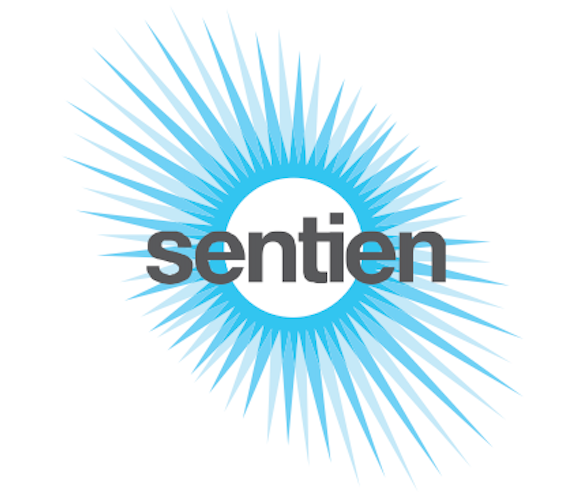
LEXINGTON, Mass. (PRWEB)
September 02, 2021
Sentien Biotechnologies, Inc., a clinical-stage biotechnology company developing novel approaches to cell therapy, today announced a partnership with the Biomedical Advanced Research and Development Authority (BARDA), part of the office of the Assistant Secretary for Preparedness and Response at the U.S. Department of Health and Human Services, to evaluate Sentien’s ex vivo cell therapy, SBI-101, in patients suffering from acute kidney injury (AKI) associated with sepsis. This patient population includes COVID-19 patients with sepsis-AKI.
The BARDA-Sentien collaboration will enable evaluation of high dose SBI-101 therapy for the first time and support regulatory path activities to advance its development for the treatment of sepsis.
SBI-101 is a combination product that integrates allogeneic mesenchymal stromal cells (MSCs) within an extracorporeal, blood-contacting device. MSCs are a unique source of therapeutic secreted factors that modulate the immune-mediated inflammatory response to acute organ injury. By keeping the MSCs confined within a blood-contacting device, SBI-101 enables controlled, dynamic, and sustained delivery of MSC-secreted factors to the patient’s blood, without the need for direct injection of the MSCs themselves. SBI-101 integrates into a standard blood circuit such as used with renal replacement therapy, thereby providing patients with both standard-of-care and MSC-mediated blood conditioning in a single session.
Sepsis occurs when an infection or other insult to the body produces a dysregulated host response in a patient, which can cause serious tissue damage, organ failure and even death. Patients presenting with severe, systemic inflammation have limited therapeutic options, and approaches that target pathogens may not be sufficient once a dysregulated response to an infection has started. In the current coronavirus pandemic, ICUs worldwide are caring for COVID-19 patients with sepsis and there are currently no host-targeted sepsis therapeutic products that are FDA-approved and available.
“We are grateful to BARDA for recognizing the potential impact of SBI-101 and awarding the funds to undertake this work,” said Sentien CEO, Brian Miller. “We have long believed that SBI-101 has broad therapeutic applicability; acute inflammatory disorders, like sepsis, can arise from almost any infection (including from COVID-19), so the impact of a new treatment option would be far-reaching.”
“There is a compelling scientific rationale for studying SBI-101’s effect on sepsis,” said Sentien Chief Medical Officer, Dr. Allen Nissenson. “The serious clinical consequences of sepsis are mediated by a dysregulated immune response; SBI-101 is designed to re-educate and normalize the patient’s immune response. We are encouraged by what we previously observed in the first cohort of this study and are eager to continue pursuing the therapeutic hypothesis that treatment with SBI-101 will restore a favorable immune response and result in improved clinical outcomes.”
The multi-center trial is a randomized, controlled, ascending dose Phase 1/2 study in patients with sepsis-AKI requiring RRT. The primary objective of the trial is to evaluate the safety and tolerability of SBI-101; endpoints for efficacy and pharmacodynamic responses to SBI-101 therapy will also be evaluated.
Please visit https://clinicaltrials.gov/ct2/show/NCT04445220 for more information about the study.
About Sentien Biotechnologies
Sentien Biotechnologies, Inc. is a privately held, clinical-stage company developing novel ex-vivo cell therapy applications to treat conditions caused by systemic, immune-mediated inflammation. Sentien’s lead product, SBI-101, integrates allogeneic mesenchymal stromal cells (MSCs) within an extracorporeal, hollow-fiber device. By immobilizing MSCs within a blood-contacting device, SBI-101 enables controlled, dynamic, and sustained delivery of MSC-secreted factors to the patient’s blood, without the need for direct injection of the MSCs themselves.
SBI-101 has been evaluated in a Phase 1b/2a study in subjects with dialysis-requiring acute kidney injury (AKI-D). An initial readout from the study provides preliminary evidence of anti-inflammatory and wound healing effects consistent with the SBI-101 therapeutic hypothesis.
Sentien’s technology can be applied to additional systemic inflammatory indications in both acute and chronic diseases, focusing on complex conditions where single-factor agents have not been effective.
For more information, please visit http://www.sentienbiotech.com.
Share article on social media or email:

